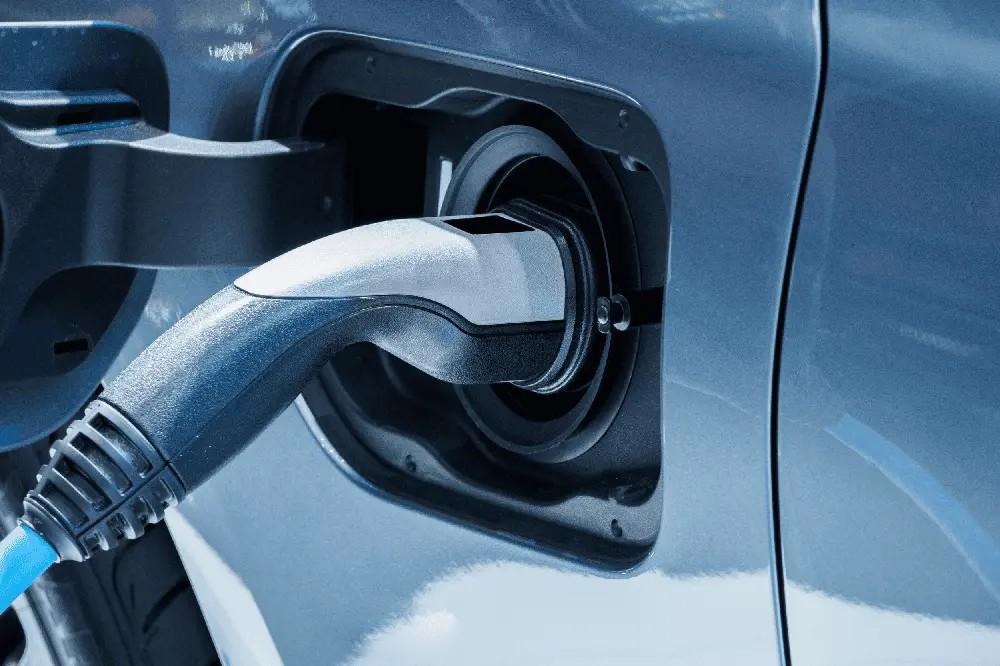Notifications

8 minutes, 33 seconds
-7 Views 0 Comments 0 Likes 0 Reviews

As a trusted EV charger manufacturer in China, Topper Company delivers dependable electric vehicle charging station equipment and comprehensive solutions.As electric vehicles (EVs) continue to play a central role in the global transition toward sustainable transportation, ensuring a seamless, efficient, and secure charging experience is essential. ISO 15118, a standard for two-way communication between electric vehicles and their charging stations, is key to achieving this goal. Often referred to as the "Vehicle-to-Grid Communication Interface," ISO 15118 supports features like "Plug & Charge," which simplifies the charging process for users. This article explores the importance of ISO 15118, its role in accelerating EV adoption, its security features, and its potential impact on the future of electric mobility.
ISO 15118 is an international standard that defines a communication interface between electric vehicles and charging stations. The standard specifies the protocol for two-way digital communication, allowing vehicles and charging stations to exchange critical information to optimize charging—and even energy discharging. The core feature of ISO 15118 is the Plug & Charge capability, which enables a fully automated charging experience. With Plug & Charge, drivers simply plug the charging cable into their EV, and the system automatically authenticates the driver, determines the correct charging settings, and starts the process. Once the vehicle is charged, the driver can unplug and drive off—without needing cards, apps, or payment details.
ISO 15118 was initiated as a collaboration between the International Organization for Standardization (ISO) and the International Electrotechnical Commission (IEC) in 2010. Its aim was to standardize communication protocols for electric vehicles and charging infrastructure to ensure interoperability and reliability across various regions and stations. The first major milestone was the release of the Plug & Charge section in 2014. Subsequent updates have improved the standard’s functionality, security, and scope. The latest version, ISO 15118-20, was published in 2019, with ongoing updates in development.
Although adoption was initially slow, 2021 marked a turning point with automakers like Rivian and Volkswagen integrating ISO 15118 into their EV models. The introduction of Plug & Charge-capable vehicles is a significant step in realizing the full benefits of the standard.
The perceived inconvenience of charging is a major barrier to the widespread adoption of electric vehicles. Unlike conventional gasoline vehicles, which can be refueled quickly and easily, EVs require dedicated infrastructure, and drivers must interact with various charging stations, apps, and payment systems. ISO 15118’s Plug & Charge feature eliminates these complexities by automating the entire process, making it as simple, if not simpler, than fueling a traditional car.
Beyond improving user convenience, ISO 15118 is crucial for reducing global carbon emissions. The transportation sector is responsible for approximately 27% of the U.S.'s greenhouse gas emissions, and electric vehicles are seen as a key solution for reducing these emissions. However, the transition will only succeed if the charging experience is as seamless and accessible as possible. ISO 15118 enables smooth, efficient, and scalable charging infrastructure integration, making it easier for both cities and businesses to deploy EV charging stations that work universally, regardless of the vehicle brand.
As digital communication becomes central to EV charging, cybersecurity becomes a critical concern. ISO 15118 involves the exchange of sensitive data between vehicles and charging stations, making it essential to ensure the integrity and security of these interactions.
To address this, ISO 15118 incorporates several security mechanisms, including cryptographic keys and digital certificates. These tools ensure that only authorized users can access the charging stations and that the data exchanged between the vehicle and station remains secure. Additionally, ISO 15118 supports the secure handling of payment information, allowing billing data to be transmitted safely without exposing sensitive details.
While these security measures are robust, they also introduce complexity, especially during certification. The process of embedding cryptographic keys, managing certificates, and integrating these features into vehicles and charging stations requires coordination among automakers, infrastructure providers, and certification bodies. Nevertheless, the emphasis on security remains one of ISO 15118’s strongest attributes, offering both convenience and peace of mind to users.
The future of ISO 15118 is promising, with more automakers and charging providers adopting the standard. By 2025, it is expected that a significant number of new electric vehicles will feature ISO 15118-compatible systems. This adoption will bring several key benefits:
Interoperability
ISO 15118 ensures that EVs and charging stations from different manufacturers can communicate seamlessly, eliminating the need for proprietary systems and apps. This is crucial as the number of EVs on the road continues to rise.
Grid Integration
ISO 15118 lays the groundwork for Vehicle-to-Grid (V2G) technology, enabling electric vehicles to not only draw power from the grid but also return energy to it. This innovation could revolutionize electricity grid management, allowing EVs to serve as mobile storage units that support the grid during periods of high demand or energy shortages.
Smart Charging
With ISO 15118, smart charging capabilities will become more widespread. Vehicles will be able to communicate with charging stations to schedule charging times, adjust charging speeds based on grid demand, and take advantage of off-peak electricity rates. These features can reduce energy costs for consumers while balancing energy loads on the grid.
Enhanced User Experience
As more vehicles and charging stations integrate ISO 15118, the charging experience will become increasingly seamless. Drivers will no longer need to navigate complex apps or manual payment systems; charging will become as easy as fueling a conventional car.
ISO 15118 is a pivotal standard for the electric vehicle industry. It plays a critical role in making EV charging more efficient, secure, and user-friendly, helping to overcome one of the main obstacles to EV adoption. The Plug & Charge feature will simplify the charging process, while robust security mechanisms ensure that users' data remains protected. As adoption of ISO 15118 expands, we can expect a more streamlined and secure EV charging ecosystem that will drive the global transition to electric mobility.
Looking further ahead, ISO 15118 is poised to contribute to the development of a smarter, more resilient energy grid, making the dream of a cleaner, greener transportation future a tangible reality.Know more about Google SEO Directory
China EV Chargers EV Charger Manufacturer EV Charging Solutions

